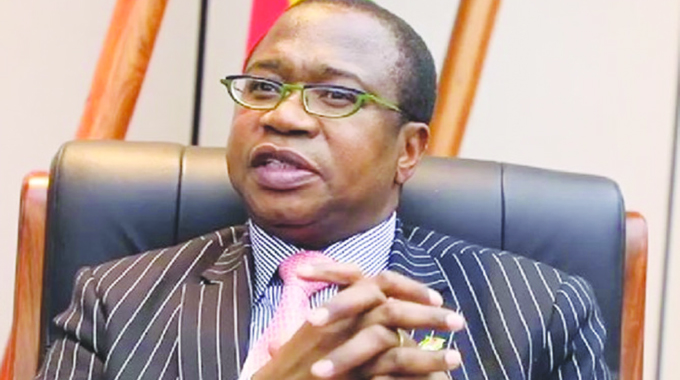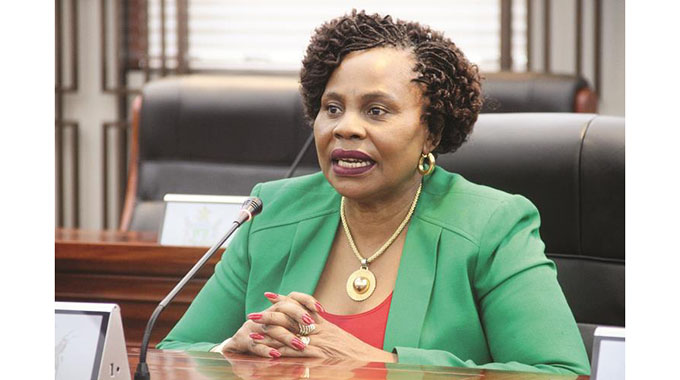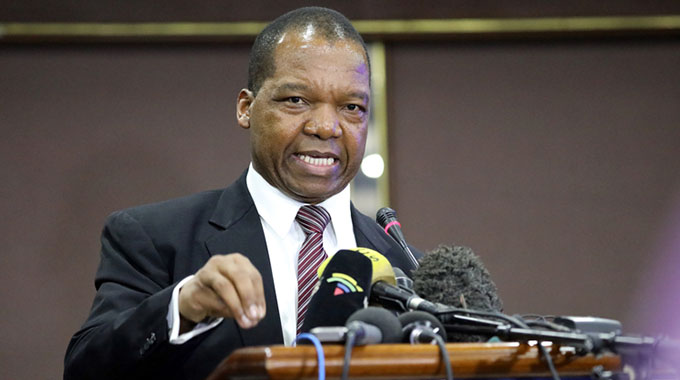Treasury considers adjusting tax bands to cushion workers

Prosper Ndlovu–Bulawayo Bureau
TREASURY is set to adjust tax bands for workers’ in order to reverse the erosion of incomes and boost consumer purchasing power in the face of price escalation driven by speculative parallel market activity.
The intervention would bring huge relief to consumers at a time when businesses continue to increase prices of basic goods and services, which they index on the distorted parallel market exchange rates.
This is despite the fact that many producers are benefiting from the Reserve Bank of Zimbabwe’s foreign currency auction platform, which has disbursed nearly US$2 billion to 4 000 businesses since its commencement last June.
Financial economists have stressed the need to narrow the gap between the official exchange rate, which has remained stable at US$1:$86 when compared to wild parallel market rates at about US$1:140 and above.
To address the situation, Finance and Economic Development Minister Professor Mthuli Ncube, says the Government is working closely with the private sector to tackle the demand and supply dynamics to restore consumer purchasing power.
“First of all, what is driving the increase in prices has been the parallel market activity, which most of the retailers will then link their prices to.
“Yet we have got an auction system, which is well functioning and able to supply foreign currency quite a lot in the main. Companies have already accessed over US$1 billion for raw materials, equipment and so forth,” Prof Ncube told our Bulawayo Bureau in a recent interview.
“We are taking steps to make sure that the gap between the parallel market and auction rate is contained. In the face of prices that have risen already, one of the things that we typically do at the budget time is to consider adjusting tax bands.
“So, we are already looking at that to see how best to further cushion our consumers and hard-working citizens using the tax system in terms of salary bands.”
The momentum towards this is set to be scaled up as the country kick-starts the process for consultations set for next month leading to the drafting of the next fiscal policy to guide the economy into 2022.
For civil servants, specifically, the minister stated that modalities were being put in place to ensure that all public sector workers receive their usual bonus in November and December this year.
“We hope that as we do that as Central Government the private sector also complement that to make sure their own employees are also looked after in a similar way.
“You can see that every year we try to cushion our employees and the private sector tries to do that as well and we will get there within a short space of time. The future is very bright.”
The Parliament Budget Office (PBO) has indicated in its recent review report on the Mid-Term Monetary and Fiscal Policy the urgent need for the Treasury to widen the tax-free threshold and review upwards the minimum taxable electronic transaction tax figure in order to boost disposable incomes and aggregate demand.
It noted that while the tax-free threshold has remained at $10 000, this has led to bracket creep, which has dampened disposable incomes and, therefore, aggregate demand.
“The PBO calls upon Parliament to bring amend the 2021 Finance Act with a view to raise the tax bands. The PBO also urges the Government to also revise upwards the minimum taxable amount for the two percent Intermediated Money Transfer Tax from the current $500, which is still too low as most products, which the poor purchase at any given time would cost much more than $500.”
While admitting its negative impact on the economy, Prof Ncube said the drive for the parallel market exchange rates is “rather overemphasised”, adding that “it’s unfortunate that it then drives price changes and inflation trends in the economy”.
He assured the market that the system that the Government has put in place for price discovery through the auction system was delivering. To complement that, Prof Ncube said a window has been created for companies to also access foreign currency from their banks, especially those that are export-oriented and under specified bilateral arrangements.
Further, the Central Bank has introduced a system that allows individuals wanting to exchange and buy smaller amounts to do so on a weekly basis through bureaux de-change.
“This has seen ordinary people accessing up to US$50 per week, and is part of efforts to formalise the foreign currency market, which is critical for generating sustainable stability,” said Prof Ncube.
Concerning delays in disbursement of funds allotted at the forex auction platform, he said the Government has already released US$70 million to clear part of the backlog, which had ballooned to about US$200 million, with more resources being harnessed to support the platform.
Prof Ncube, however, emphasised the need to maintain fiscal discipline saying the Government was ensuring that it lives within its means.
“We are always making sure that as the Government we have fiscal discipline and there is proper monetary policy targeting. Fundamentals as well should remain stable to support a stable exchange rate and we are doing that,” he said.
“Our fundamentals are actually in place and strong, they are actually better than other countries. We don’t have a budget deficit but a current account surplus. We are doing everything to make sure there is stability.”
With a resurgent agriculture, manufacturing, ICT, health and mining sectors, Zimbabwe’s economy is poised to register up to 7,8 percent Gross Domestic Product (GDP) growth this year, having already exhibited strong resilience to consecutive shocks in the last three years, including the latest Covid-19 pandemic.










Comments